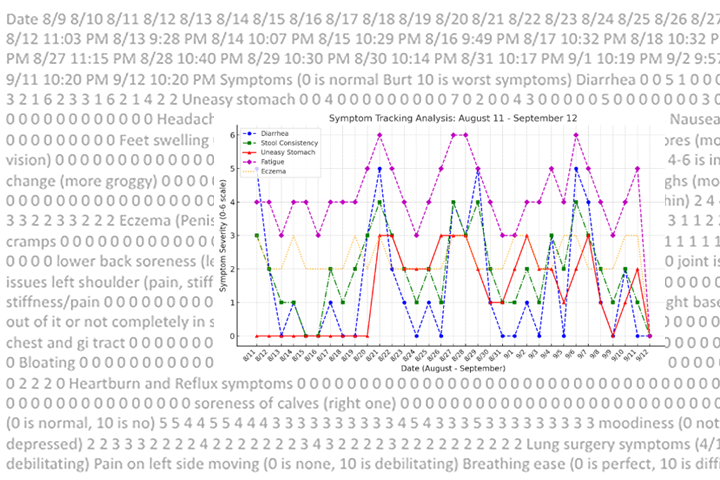Targeting the Oxidation Pathway to Treat Advanced Pancreatic Cancer

Abnormal cell metabolism is a hallmark of cancer, and researchers are constantly seeking ways to target its dysregulated energy pathways to limit cancer cells’ ability to grow and proliferate.
One area of focus is the oxidative phosphorylation (OXPHOS) process. Scientists want to know if adding a new medication that targets this pathway to standard chemotherapy might be effective as a first-line therapy for patients with advanced pancreatic cancer.
What is OXPHOS?
Oxidative phosphorylation is the last stage of cellular respiration. It is the metabolic pathway in which cells use enzymes to oxidize nutrients, thereby releasing chemical energy to produce adenosine triphosphate (ATP), the major energy-carrying molecule.
Although cancer cells mainly rely on glycolysis, an inefficient metabolic pathway, as their energy resource, OXPHOS is believed to be upregulated and play a role in driving tumor growth and proliferation in some cancer types. It is also suspected in the development of resistance to certain therapies.
IM156 is a new drug that targets the OXPHOS pathway. In February 2021, it received orphan drug designation, a status given by the FDA to certain drugs that show therapeutic potential in rare diseases, for the treatment of pulmonary fibrosis. The drug is currently also being tested in patients with pancreatic cancer.
How the Trial Works
The phase Ib trial evaluates the potential of IM156 to make the combination of gemcitabine and nab-paclitaxel more effective for patients with advanced pancreatic cancer. All participants must not have had prior treatment for metastatic pancreatic cancer.
The trial includes a dose escalation phase followed by an expansion phase, to evaluate the safety and tolerability of the combination. Researchers are also looking at disease progression and overall survival.
We encourage you to consult your physicians for clinical trials that may be right for you. The website ClinicalTrials.gov provides more details about this trial as well as many others. You can visit the Let’s Win Trial Finder for a list of all active pancreatic cancer clinical trials.





